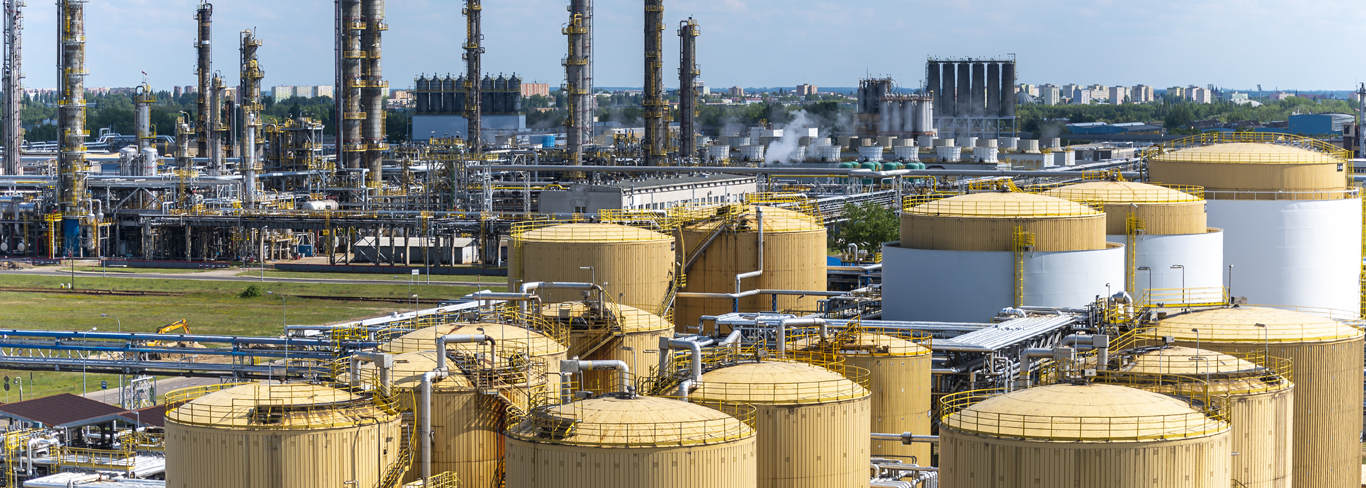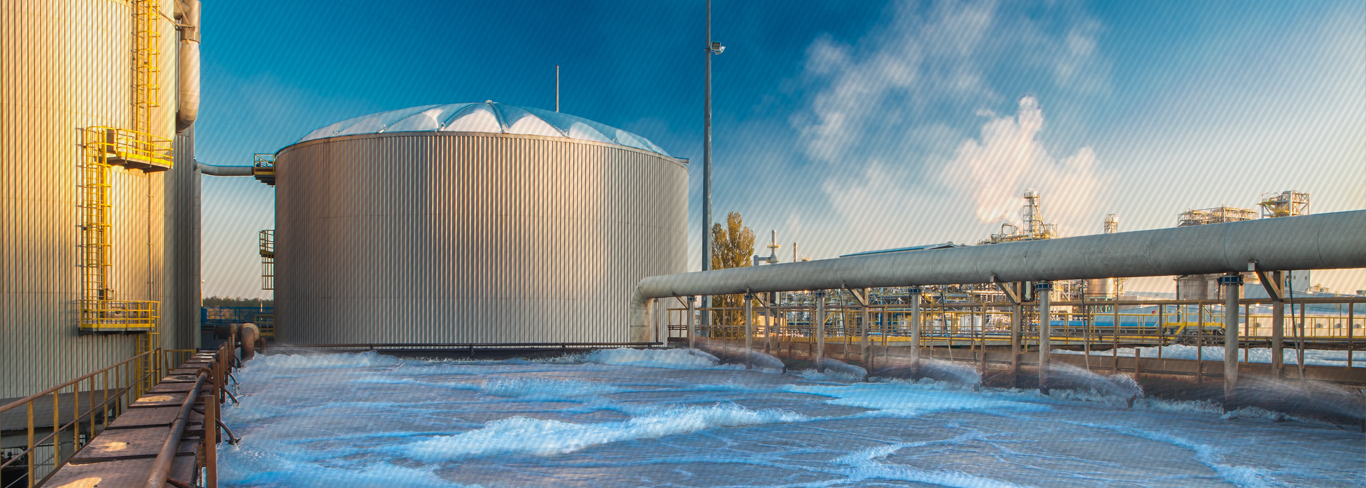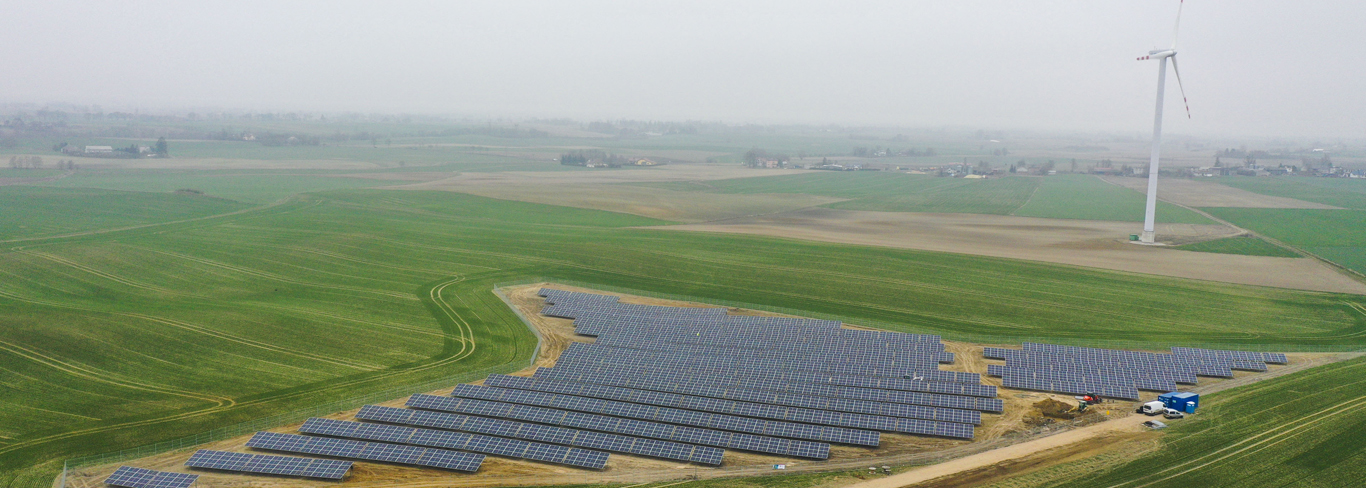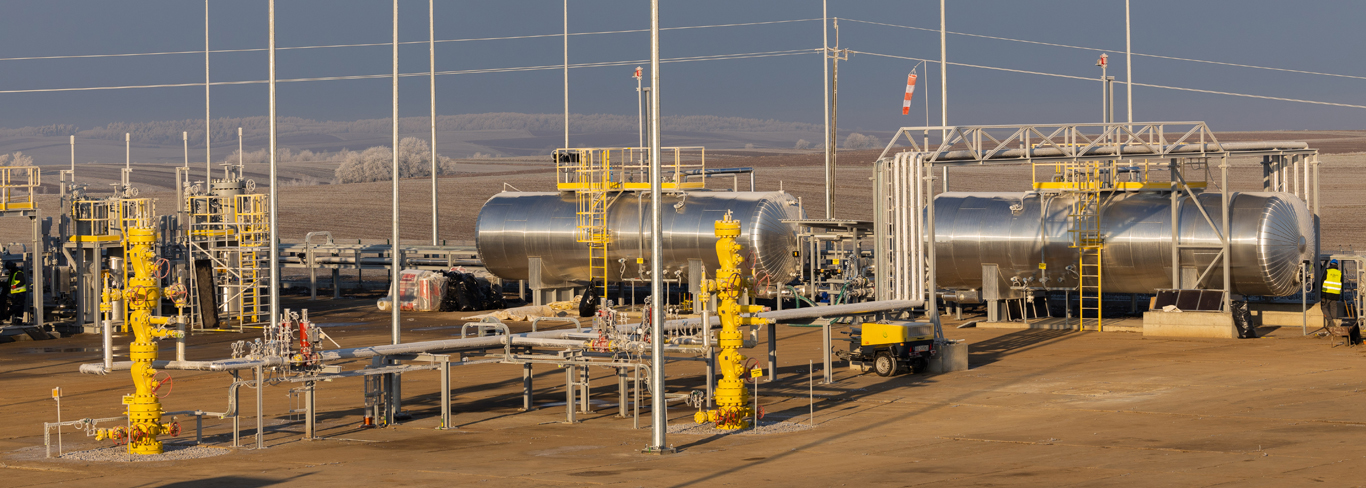
REGULATORY ENVIRONMENT
The ORLEN Group operates on regulated markets, so compliance of the Group’s activities with legal regulations is a key aspect of its business.
Under their regulatory risk management policies, PKN ORLEN and the other ORLEN Group companies engage in a fully transparent and open dialogue based on applicable laws, which involves reviewing drafts of legislative solutions at the national and EU legislation level. In addition, the Group's relations with the regulators, control and supervisory authorities are coordinated on an ongoing basis, and the Group operates a process for obtaining and managing permits and authorisations.
Below are presented key opportunities and risks arising from the regulatory environment in Poland in connection with the ORLEN Group’s business.
Risk related to the obligation to establish and maintain emergency stocks of crude oil and fuels
The Group is subject to numerous obligations involving establishment and maintenance of emergency stocks of crude oil and fuels, imposed by the Act on Stocks of Crude Oil, Petroleum Products and Natural Gas, and on the Rules to Be Followed in the Event of Threat to National Fuel Security or Disruptions on the Petroleum Market of February 16th 2007 (the “Act on Emergency Stocks”).
Under the applicable regulations, since January 1st 2015 producers and traders have been under the obligation to pay a stocks charge in exchange for a gradual reduction of the level of physical emergency stocks they are required to hold in line with an increase in agency stocks maintained by the Governmental Strategic Reserves Agency.
As a manufacturer and trader, since December 31st 2017 the Group has been required to establish and maintain minimum emergency stocks of crude oil or fuels equal to the equivalent of 53 days of the average daily production of fuels, or imports of crude oil or fuels in the previous calendar year. Furthermore, to comply with the statutory requirements on the establishment and maintenance of emergency stocks of crude oil and fuels, the operator must also pay a stocks charge to the Emergency Stocks Fund, managed by the President of the Governmental Strategic Reserves Agency.
Failure to maintain the required emergency stock levels or breach of other obligations under the Act on Emergency Stocks entails the risk of high administrative penalties.
In 2020, the list of raw materials, products and fuelscovered by the system of emergency stocks and being the basis for calculating the stocks charge was extended.

Combating grey market
In 2020, PKN ORLEN was actively involved in public consultations of amendments to tax and administrative regulations aimed at combating the grey market in liquid fuels, which for years has been a problem in the fuel sector.
The Group engaged chiefly in activities designed to improve the system for monitoring the road and rail transport of tax-sensitive goods, i.e. the SENT system or the transport package, and in the implementation of the ‘heating fuels package’, providing for the use of the SENT system to enhance the effectiveness of control over the Polish market of heating fuels, which are sensitive considering the rules of excise taxation on such fuels, as well as the SENT LPG system of monitoring the supplies of LPG for transport purposes, which is intended to enhance control over this segment of the transport fuels market in Poland.The Company focused on the implementation of an amendment to the ‘fuel package’ adopted in mid-2019, which assumes addition of new items to the catalogue of fuels that are subject to VAT quick fixes when they are purchased for the Polish market in intra-Community transactions, as well as on the implementation of legal regulations related to the extension of licensing and monitoring of imports to Poland of new types of liquid fuels. Additionally, in 2020 PKN ORLEN implemented and applied on a day-to-day basis all new legal requirements designed to ehnance effective control of the liquid fuels market. PKN ORLEN’s efforts took the form of a public dialogue with the authorities regulating the liquid fuels market in Poland, in particular with the President of the Energy Regulatory Office, President of the Governmental Strategic Reserves Agency, and the Minister of Finance - National Revenue Administration, as well as close cooperation with the Group’s customers and trading partners.
Participation in the capacity market
The capacity market has operated in Poland since 2018, enabling electricity producers to earn revenue from the sale of: (1) electricity on the energy market, and (2) the obligation to be available on a stand-by basis to supply electricity to the National Power System in the event of a threat to its operation (power supply insufficient to meet customer demand). Contracts in the capacity market are mainly made through annual auctions.
The electricity generation sources of the ORLEN Group (PKN ORLEN and the ENERGA Group) have participated in the capacity market since the first capacity auction, so the companies had capacity contracts generating revenues from January 1st 2021. Another five capacity auctions were held in 2020 (four additional auctions for the successive quarters of 2021 and one main auction for 2025), during which further capacity contracts were concluded by the ORLEN Group.
Generating units that fail to meet the 550 g CO2/kWh emission limit will not be allowed to participate in future main auctions after Regulation (EU) 2019/943 of the European Parliament and of the Council of June 5th 2019 on the internal market in electricity came into force. In addition, two bills that will change the rules of participation in the capacity market were processed in 2020: (1) a bill to amend the Capacity Market Act (UC 42) and a bill to amend the Energy Law and certain other acts (UC 17).
PKN ORLEN took part in public consultations of those bills and has been monitoring the progress of the legislative process on an ongoing basis. The legislative process was not completed in 2020. Moreover, in 2020 ORLEN Group made preparations to enter capacity auctions to be held in 2021.

Monitoring of the transport of certain goods (the SENT system)
In 2018, the Act on the System for Monitoring the Road Transport of Goods, i.e. the SENT system, was extended to include the monitoring of the rail transport of tax-sensitive goods. In addition, the Act was amended to enable the tracking of shipments (with the use of locators installed in vehicles). The above changes, combined with the previous solutions introduced by the fuels package and energy package, are aimed at consolidating the positive effect of curbing the grey market by increasing the effectiveness of supervision.
In 2019, those regulations were supplemented with the ‘heating fuels package’, which provides for the use of the SENT system to enhance the effectiveness of control of fuel deliveries to consumers, and the range of fuels subject to monitoring was expanded to include LPG. The purpose of the regulations is to counteract excise tax fraud committed while marketing those fuels, for instance by replacing paper excise declarations issued by buyers of fuel oils to confirm the receipt of fuel delivery with electronic delivery confirmations combined with monitoring under the SENT system, and to eliminate illegal use of liquefied gas intended for heating purposes as transport fuel.
PKN ORLEN actively participated in the entire process of drafting the regulations. The Company also worked to develop effective solutions provided for in the Act by designing the system for automatic registration of fuel shipments in the SENT system, and testing the system’s subsequent modifications.
Risk related to the impact of regulations on the emissions trading system (EU ETS)
The ORLEN Group companies are subject to the EU regulation establishing the greenhouse gas emission allowance trading scheme (the “EU ETS Directive”) that forms part of the EU climate and energy policy until 2030, the European Green Deal and, in the long term, the Paris Agreement. The objective of the EU ETS Directive is to promote reductions in greenhouse gas emissions in a cost-effective and economically efficient manner.
The heat and electricity generation sources of PKN ORLEN and Energa and the production complexes owned by the ORLEN Group, i.e. the refinery, the olefins unit in Płock (PKN ORLEN) and the ammonia unit in Włocławek (ANWIL), are the ORLEN Group’s largest carbon dioxide emitters. The total amount of emission allowances allocated to ORLEN Group companies free of charge in the EU ETS third trading period (2013–2020) does not fully cover their total emissions volumes, and therefore they purchase additional emission allowances, which generates additional costs. The ORLEN Group operators of EU ETS installations applied for their inclusion in the list of installations prepared by Poland and submitted to the European Commission in order to obtain free emission allowances in the fourth trading period, covering the years 2021–2030. The final amount of allowances allocated free of charge to the Group installations must be approved by the European Commission.
Directive (EU) 2018/410 of the European Parliament and of the Council of March 14th 2018, amending Directive 2003/87/EC, implements changes as part of Phase 4 of the EU ETS. In 2020, the European Commission drafted a number of implementing acts, including:
1) New Guidelines on certain State aid measures in the context of the system for greenhouse gas emission allowance trading post-2021, which remove fertilizer and petrochemical products from the list of sectors eligible for indirect cost compensation, but include refined petroleum products, and introduce conditions for the disbursement of aid funds.
2) Amendments to Commission Implementing Regulation on adjustments to free allocation of emission allowances due to activity level changes, enabling dynamic allocation of free emission allowances in case of activity level changes.
3) New Implementing Regulation determining revised benchmark values for free allocation of emission allowances for the period from 2021 to 2025. Revision of the benchmarks means that ORLEN Group companies will be allocated fewer free allowances.
4) Amendments to the Implementing Regulation on the monitoring and reporting of greenhouse gas emissions.
ORLEN Group companies covered by the EU ETS continued to engage in work at the legislative and regulatory level in 2020.

Management of hydrocarbon exploration, appraisal and production activities
These activities are managed by the Company based on the appropriate integrated management system developed and implemented by ORLEN Upstream. The main legislative act governing business activities of the ORLEN Group’s Upstream segment in Poland is the Geological and Mining Law. In 2018, the Law was amended by introducing the second (in addition to a tender) procedure for granting hydrocarbon licences, i.e. an open door procedure, under which a tender may be organised at the request from an entrepreneur. The amendments also clarified the rules related to the entrepreneur’s right of first refusal. Now, the entrepreneur may apply within a statutorily defined timeframe for the establishment of mining usufruct with priority over other parties. In addition, the structure of joint operations agreements, which have long been commonly used in other countries, has been modified. The provision requiring that the operator’s share in costs and profits from joint operations exceeds 50% has been deleted. The new regulation allows more freedom to conclude such agreements and does not jeopardise their proper performance as the operator will continue to be responsible for discharging its licence and statutory obligations.
It should also be noted that the initiation and conduct of geological and mining activities requires compliance with certain requirements other than those provided for in the geological and mining law. These include such aspects as the environmental impact of such projects, spatial planning and development, waste management, water management and taxation.







